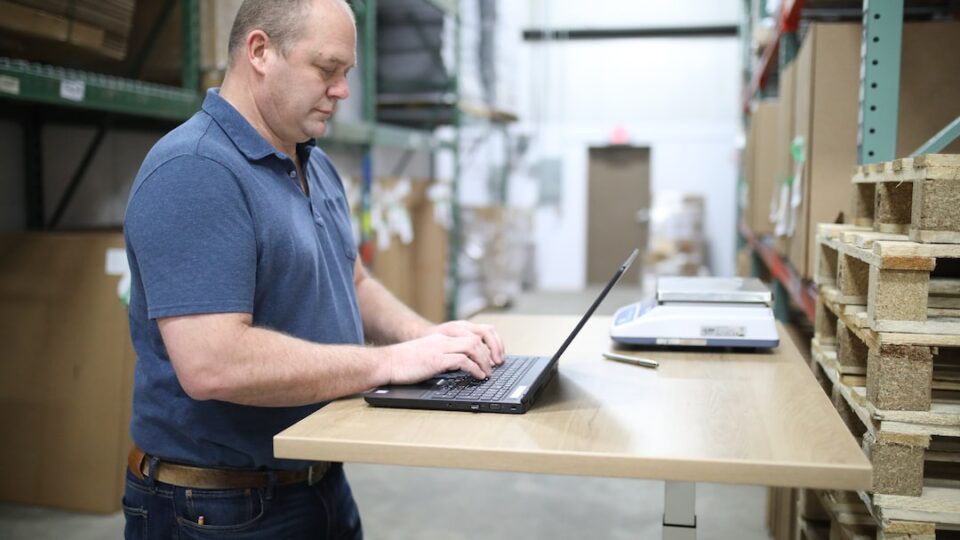Trends in Sustainable Packaging Solutions for the Manufacturing Industry
In recent years, there has been an increasing focus on sustainable practices within the manufacturing industry. From reducing waste to conserving energy, manufacturers are finding innovative ways to incorporate sustainable processes into their operations. One area that has seen a significant shift towards sustainability is packaging solutions. As the demand for environmentally friendly packaging options continues to grow, manufacturers are exploring new trends and technologies to meet these demands.
One of the most significant trends in sustainable packaging solutions for the manufacturing industry is the use of biodegradable materials. Traditional packaging materials such as plastics and Styrofoam are known for their negative impact on the environment. These materials take hundreds of years to decompose, leading to pollution and increased waste. To combat this issue, manufacturers are turning to biodegradable alternatives, such as plant-based plastics and compostable materials.
Plant-based plastics are derived from renewable resources like corn, sugarcane, or algae. These materials have the same characteristics as traditional plastics but have the advantage of being biodegradable. When disposed of properly, plant-based plastics break down into natural components, minimizing their environmental impact. Additionally, compostable materials, such as paper or cardboard, can be easily recycled or decomposed, reducing the overall waste generated by packaging.
Another trend in sustainable packaging solutions is the use of reusable materials. Instead of single-use packaging, manufacturers are designing packaging solutions that can be used multiple times. This not only reduces waste but also helps to lower the carbon footprint associated with manufacturing new packaging materials. Reusable packaging solutions can include refillable containers, pallets, or even collapsible crates. By investing in reusable packaging, manufacturers can save on costs associated with constantly purchasing new packaging materials and reduce their overall environmental impact.
In addition to using biodegradable and reusable materials, manufacturers are also focusing on reducing the weight and size of their packaging. This trend aims to minimize the amount of material required for packaging products without compromising the integrity or safety of the product. Lightweight packaging not only reduces waste but also cuts down on transportation costs and fuel consumption. Additionally, smaller package sizes can lead to more efficient use of warehouse space and lower storage costs.
Furthermore, the manufacturing industry is increasingly turning to automation and smart technology to enhance sustainable packaging solutions. Automated systems offer greater precision and efficiency in packaging processes, resulting in less material waste. Machines can accurately measure and dispense the exact amount of packaging required, reducing over-packaging or unnecessary use of materials. Smart technology, such as sensors and monitoring systems, can also be used to optimize the packaging process, ensuring minimal waste and cost-effective operations.
Collaboration and transparency across the supply chain are also becoming important trends in sustainable packaging solutions. Manufacturers are working closely with suppliers, customers, and logistics partners to develop sustainable packaging solutions that benefit all stakeholders. By sharing knowledge and resources, manufacturers can optimize packaging processes, reduce unnecessary packaging, and streamline logistics, resulting in a more sustainable and efficient supply chain.
Lastly, consumer demand for sustainable products and packaging is driving manufacturers to incorporate eco-friendly solutions. Brands that have embraced sustainability have witnessed increased customer loyalty and trust. This has led to the rise of certifications and labeling systems that allow customers to easily identify sustainable packaging. Labels like “recyclable,” “biodegradable,” or “made with renewable materials” provide consumers with the information they need to make conscious purchasing decisions.
In conclusion, sustainable packaging solutions are rapidly gaining popularity in the manufacturing industry. With the increasing demand for environmentally friendly practices, manufacturers are adopting trends such as the use of biodegradable materials, reusable packaging, lightweight designs, automation, supply chain collaboration, and consumer-driven eco-labeling. By embracing these trends, manufacturers can reduce waste, conserve resources, and meet the growing expectations for sustainable products and packaging.

